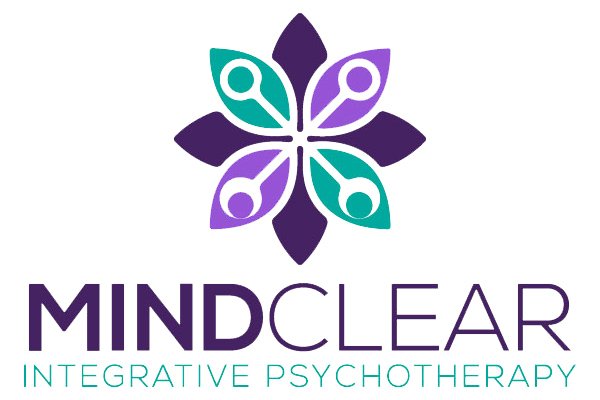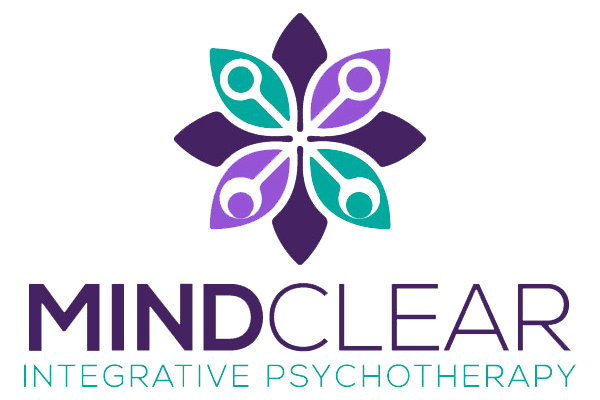Dissociation & Complex Trauma
Dissociation is an often misunderstood and overlooked phenomena in mental health. It describes the experiences of feeling out-of-body, foggy, blank, and frozen, as well as “not-me” moments. It is a process that is part of the fight/flight/freeze response, meant to protect us from overwhelming thoughts, feelings, stress, and threats.
Most commonly, dissociation is a fleeting experience, like walking into the kitchen and not remembering why or driving for 10 minutes and having no idea how you got to where you are. Many people who have experienced complex trauma, or prolonged, chronic childhood trauma, however, experience frequent dissociative periods with far greater consequences.
Being able to identify dissociation and complex trauma are not usually taught in most mental health programs. People tend to go to therapy and can’t understand why nothing changes or why their feelings so frequently and intensely alter regarding the therapist. They tend to get accused of making things up, lying, manipulation, exaggerating, or being resistant. Why? Because therapists were never told how to deal with this stuff.
Working with complex trauma and dissociation is a long-term endeavor that requires patience, attunement, and physical interventions with the body, such as grounding exercises and movement. There also needs to be a basis of trust and an ability to work through really tough and painful feelings within the therapeutic relationship.
Exposure to past experiences of abuse, neglect, or other trauma may or may not be the most important part of working through these emotions and narratives at any given time. Often what is playing out in the present or even just being able to identify moments of dissociation and integrating various emotions and self-states is of primary focus. This is why it is so important for the therapist to be attuned to non-verbal emotional and physical feedback as well as what is happening between the therapist and you at any given moment.
We offer this kind of specialty approach while also advocating for an eclectic array of alternative modalities of healing that may be in place of or in conjunction with formal therapy. These include yoga, somatic therapies, massage, Tai Chi, Qigong, EMDR, and others. If you think you might be interested in trying out therapy, give us a call.




